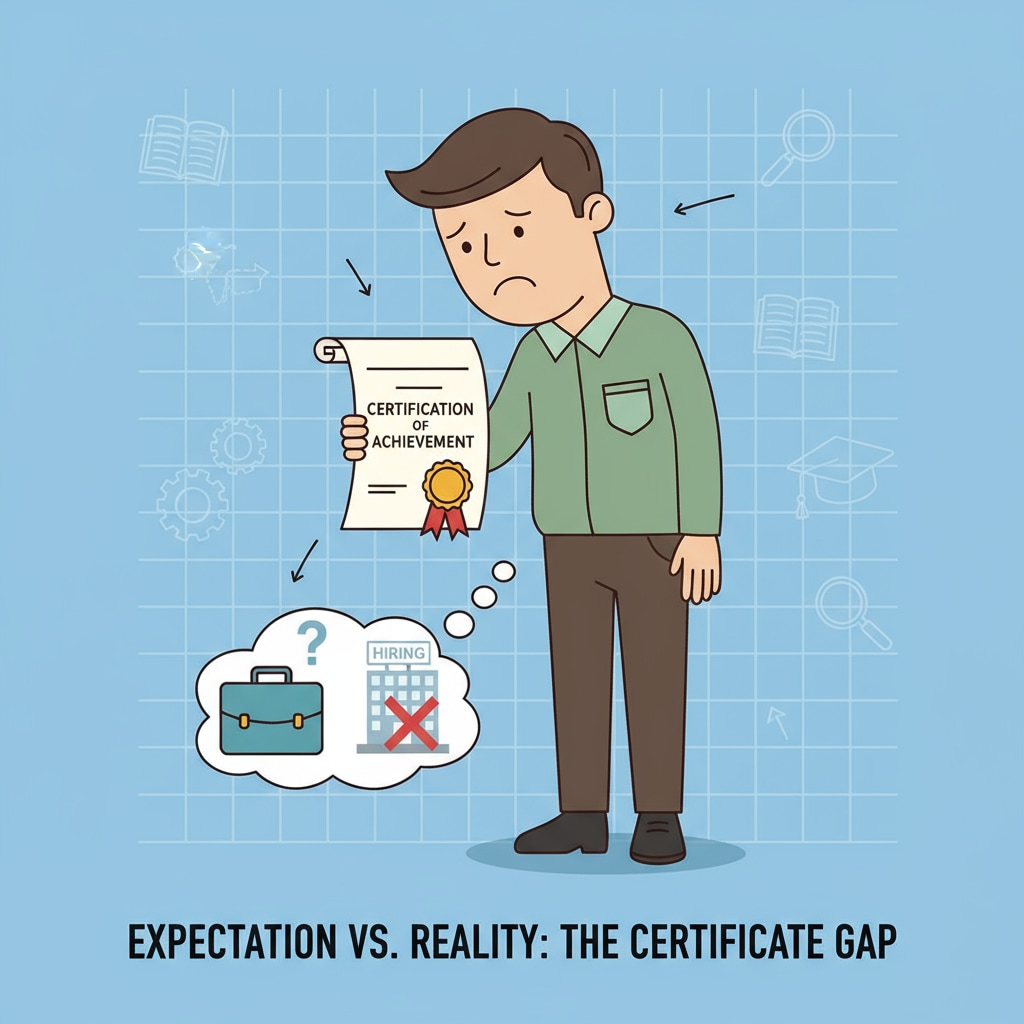In the realm of K12 education, the significance of career certificates and educational certifications in relation to employment value has become a topic of great interest. As the education landscape evolves, an increasing number of individuals are seeking certifications to enhance their career prospects. However, it’s essential to understand the true worth of these credentials.

The Allure of Certifications in K12 Education
Certifications in K12 education often seem appealing as they promise to open doors to better job opportunities. For example, a teaching certification might give the impression of being a golden ticket to a stable teaching position. Many students and educators alike are lured by the idea of having a recognized credential on their resume. According to National Education Association (NEA), the demand for specialized certifications has been on the rise in recent years. This growth can be attributed to the belief that these certifications enhance one’s knowledge and skills in specific areas of K12 education.
The Reality of Certificate Utility
However, the reality is that not all certifications hold the same weight in the job market. Some certificates may be the result of excessive marketing and have little practical application in real-world teaching scenarios. Take, for instance, certain online courses that offer certifications after a short period of study. These might not provide in-depth knowledge or hands-on experience that employers truly value. As a result, individuals who invest time and money in such certifications may find themselves disappointed when it comes to job hunting.

To accurately assess the value of a certification, one must consider several factors. Firstly, the reputation of the issuing institution matters greatly. A certification from a well-known and respected educational body is likely to carry more weight. Secondly, the content of the certification program should be relevant to the job requirements. If a certification focuses on outdated teaching methods, it may not be of much use in today’s dynamic K12 education environment.
In conclusion, while career certificates and educational certifications in K12 education can have value, it’s crucial to approach them with a discerning eye. By understanding the true nature of these credentials and evaluating them based on relevant factors, educators, students, and parents can make more informed decisions. This way, they can ensure that the certifications they pursue truly enhance their employment prospects and contribute to their professional growth in the K12 education field.
Readability guidance: Short paragraphs and lists are used to summarize key points. Each H2 has a related list. Passive voice and long sentences are controlled. Transition words are scattered throughout the text.


